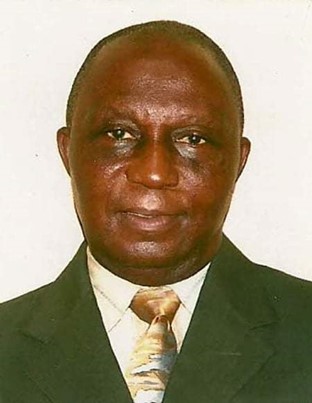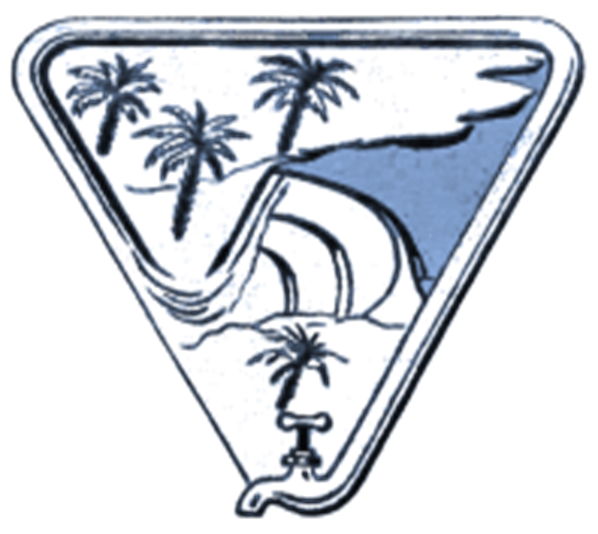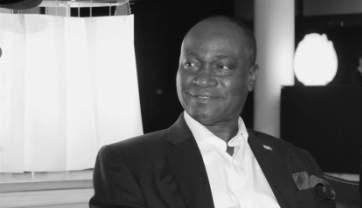“Can corruption be stopped in a country?” – a young citizen’s concern
In all of my work with young people, this is one question I have found most outstanding and thought provoking. It came from a teenage girl who is a student at the D. Twe Memorial High School. She was one of several young people attending a Hi-Y leadership workshop.
Probably, the most potent way to answer the question is to ask “How do people become corrupt?” The Holy Bible says “Bribery corrupts the heart and extortion turns a wise man into a fool” (Ecclesiastes 7:7). From this verse, it can be inferred that corruption is a habit that can be learned and developed. It starts with smaller acts of dishonesty and then grows over many years to become a habit and a culture, encompassing the lives of individuals and entire communities. And like a cankerworm that eats up striving plants, corruption – if left unchecked – grows teeth and eats through the society to its very core.
Some 32 high school students in Liberia know this very well, and through the YMCA S2C philosophy, many more young people are being conscientised to develop better character and adopt values that will prepare them to assume leadership and make meaningful contributions to the development of Liberia. As one student put it, “If we, students, do not change our minds and adopt the values of honesty, hard work, integrity and love for country, our generation will be more corrupt than the generation before us.”
The students gathered at the St. Mary Catholic School on Friday on 1st November to discuss leadership skills, civic engagement, and membership in the YMCA among other issues. In a session on “subjects and citizens”, the students pointed out so many situations that put young people in subservient positions thus making them less than citizens who should be concerned about the greater good and actively participating in change processes. The students listed their individual and collective choices as being a critical force in determining their roles and responses to issues around them. For example, there is an emerging subculture of fun and outing among students, sometimes at the expense of their own development. This is known as “Super Friday”, a practice for some high school students to boycott classes on Friday to go out on the beach or to entertainment places where they are alleged to consume cigarettes and alcohol. Students who miss tests or some major evaluations will resort to bribing unprincipled minded teachers to make up for their absence and deficiency. This is a corrupt practice and it is seriously hampering learning and development of future leaders.
A student leader from the Greater Vision High School made the following observation: “We who have served as class leaders have been corrupt in some ways. For instance, if I were in charge of a class and required to write the names of noise makers for punishment, I would write the names of people who are not my friends; I wouldn’t write the names of my friends, no matter how much noise and disturbance they made. This is injustice and an act of corruption. If we continue it, and eventually we find ourselves in leadership positions, we are likely to be even more corrupt. If we continue in this way, we will always be subjects.”
Nyankun Togba, a Vice Principal at one of the high schools was in attendance. He made the following input. “Young people are made subjects based on how they carry themselves. If I, your teacher, come to class and begin to solicit money in exchange for grades, some of you students will comply and some will refuse and even condemn the act of soliciting bribes from students. Those of you who comply will oppose those who refuse and you will say all sorts of derogatory and spiteful things about them. Consider these two groups – those who comply and those who do not comply. Who are the subjects? You students must develop confidence in yourselves and strive for excellence in pursuits to acquire education and skills. Do not allow yourselves to be used as subjects.”
He praised the students to have a burning desire for education and self improvement. He said S2C is such an important development philosophy and students must get actively involved with the YMCA Hi-Y programs.
The Hi-Y is the extension of the YMCA and brings the organisation into the various schools. Boys and girls join the Hi-Y for fellowship and to develop their leadership skills. The Hi-Y has as its principal objective the development of young people in mind, body, and spirit. Five principles govern the Hi-Y: clean speech, clean scholarship, clean sportsmanship, clean job, and clean living.
By Alston C. Armah, Africa Alliance of YMCAs S2C Ambassador
The Africa Alliance of YMCAs (AAYMCA) is a leading pan African youth development network on the continent, representing national movements in 20 countries, 16 of which are very active. The first YMCA in Africa was established in Liberia in 1881, and the AAYMCA was founded in 1977 as the umbrella body for all national movements on the continent. www.africaymca.org or https://www.facebook.com/AfricaYMCA
Stay with Sierra Express Media, for your trusted place in news!
© 2013, https:. All rights reserved.






